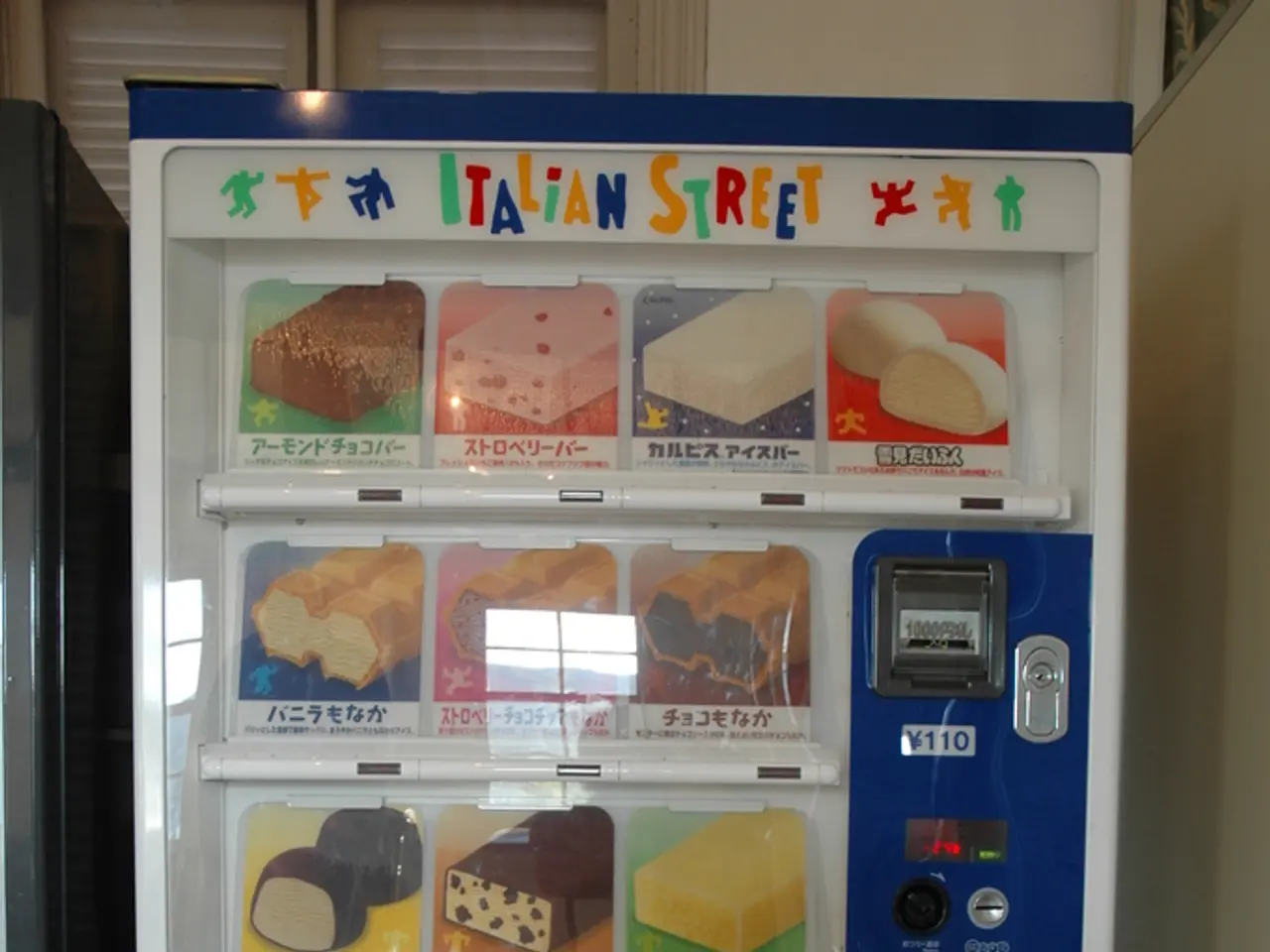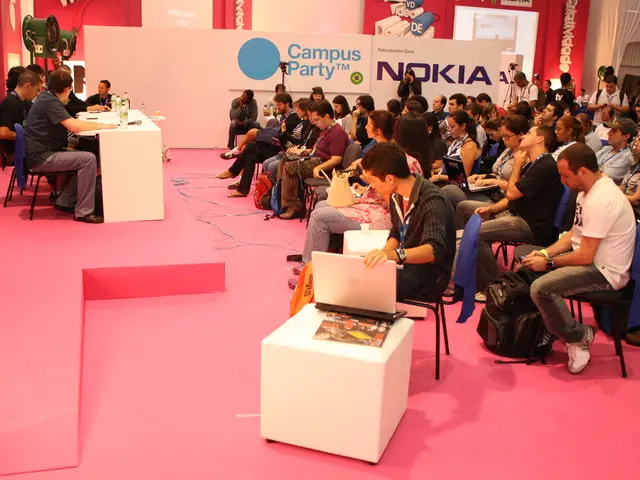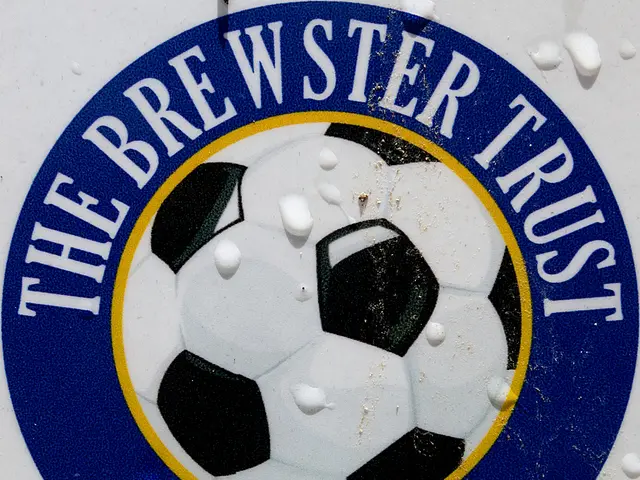Massachusetts may face a prohibition on sweepstakes, as raised by SGLA (State Government Leaders Association).
In the heart of New England, Massachusetts is currently grappling with a proposal that could significantly impact its digital landscape. House Bill 4431, if passed, would bring an end to social gaming and sweepstakes contests, including popular games like slots, poker, table games, lotteries, and sports wagering.
This legislative move has raised concerns among the Social Gaming Leadership Alliance (SGLA), an organisation that advocates for the responsible growth and regulation of the social gaming and sweepstakes industry. The SGLA has cautioned against rushing into a complete ban on sweepstakes in Massachusetts, arguing that such a decision could lead to economic and financial losses for the state.
According to the SGLA, hundreds of thousands of people have enjoyed online social games and sweepstakes in the Bay State. A complete ban could mean the loss of ancillary benefits associated with a vibrant social gaming and sweepstakes sector. Businesses such as payment processors, marketing companies, ISPs, and tech firms could lose momentum and be forced to police their clients, leading to more friction and less competitive tech markets.
The SGLA, however, offers an alternative path to a complete ban. They propose a modernization of the existing regulatory framework that allows for greater tax contributions from the sector. This approach, they argue, would achieve the desired effect of imposing a modernized taxation framework on the sector without criminalizing it or harming the state's economy.
In a statement, the SGLA's Executive Director, Jeff Duncan, emphasised the importance of smart rules that protect consumers, preserve choice, and strengthen the economy. He also expressed the SGLA's readiness to collaborate with lawmakers in Massachusetts to establish a framework that achieves these goals.
The Massachusetts proposal mirrors New Jersey's decision to ban all sweepstakes, a move that has been signed into law by the Garden State's governor. However, the SGLA urges Bay State lawmakers to reach out and work together to hammer out a better framework for social gaming and sweepstakes, one that balances consumer protection with economic growth.
As of now, the name of the legislator in Massachusetts recommended by the Social Gaming Leadership Alliance to collaborate on developing a modern framework for sweepstakes and social games is not available. Regardless, the SGLA remains hopeful that a productive dialogue will ensue, ensuring a fair and balanced outcome for all parties involved.








